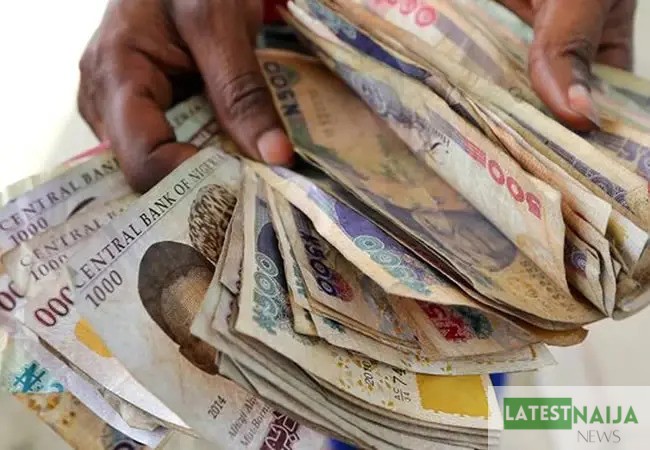According to a recent report on the economy, the Federal Government’s deficit spending rose by 11% from January to July 2023, equal to N7.88 trillion. This is a big jump from 2022, when N7.13 trillion was said to have been spent during the same time period.
The rise in deficit spending was caused by a 20.5% rise in government spending, which somewhat cancelled out the effect of a notable 45% rise in income over the same seven months. When the Central Bank of Nigeria (CBN) released its July Economic Report, it showed that the government’s income rose to N3.693 trillion, which is a 45% rise from the N2.542 trillion it made during the same time last year.
In line with this trend, overall spending rose to N11.58 trillion in the first seven months of 2023, up 20.5% from N9.607 trillion in the same period the previous year.
But there was a big change in July 2023: the government’s deficit spending went down by 5.3% from one month to the next. This drop is mostly because of delays in releasing capital expenditures.
The CBN’s report also said that the Federal Government’s kept revenue was much higher in July 2023. This was due to higher receipts from other sources of income and gains in the value of the currency. The money that was kept was N564.13 billion, which is 57.1% more than what was collected in June. But this amount was less than the monthly goal of N920.43 billion.
Additionally, the total amount the government spent in July 2023 was higher than it was in June 2023, but it fell short of the amount that was planned. The estimated amount spent in July was N1,380.66 billion, which is N159.01 billion (13.9%) more than in June but N438.27 billion (24.1%) less than the goal. Most of this money was spent on ongoing costs (74.2%), while capital outlays (20.8%) and payments (5.0%), respectively, made up the rest.
Finally, compared to June 2023, the projected total fiscal deficit of the Federal Government went down. The preliminary budget deficit for July was N816.53 billion, which was 5.3% less than the previous month and 9.1% less than the proportionate budget barrier. This contraction is mostly because of delays in releasing capital even though income results have been better.



Comments are closed.